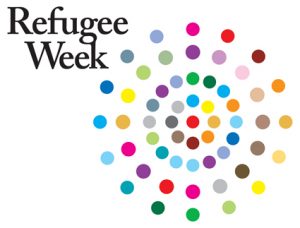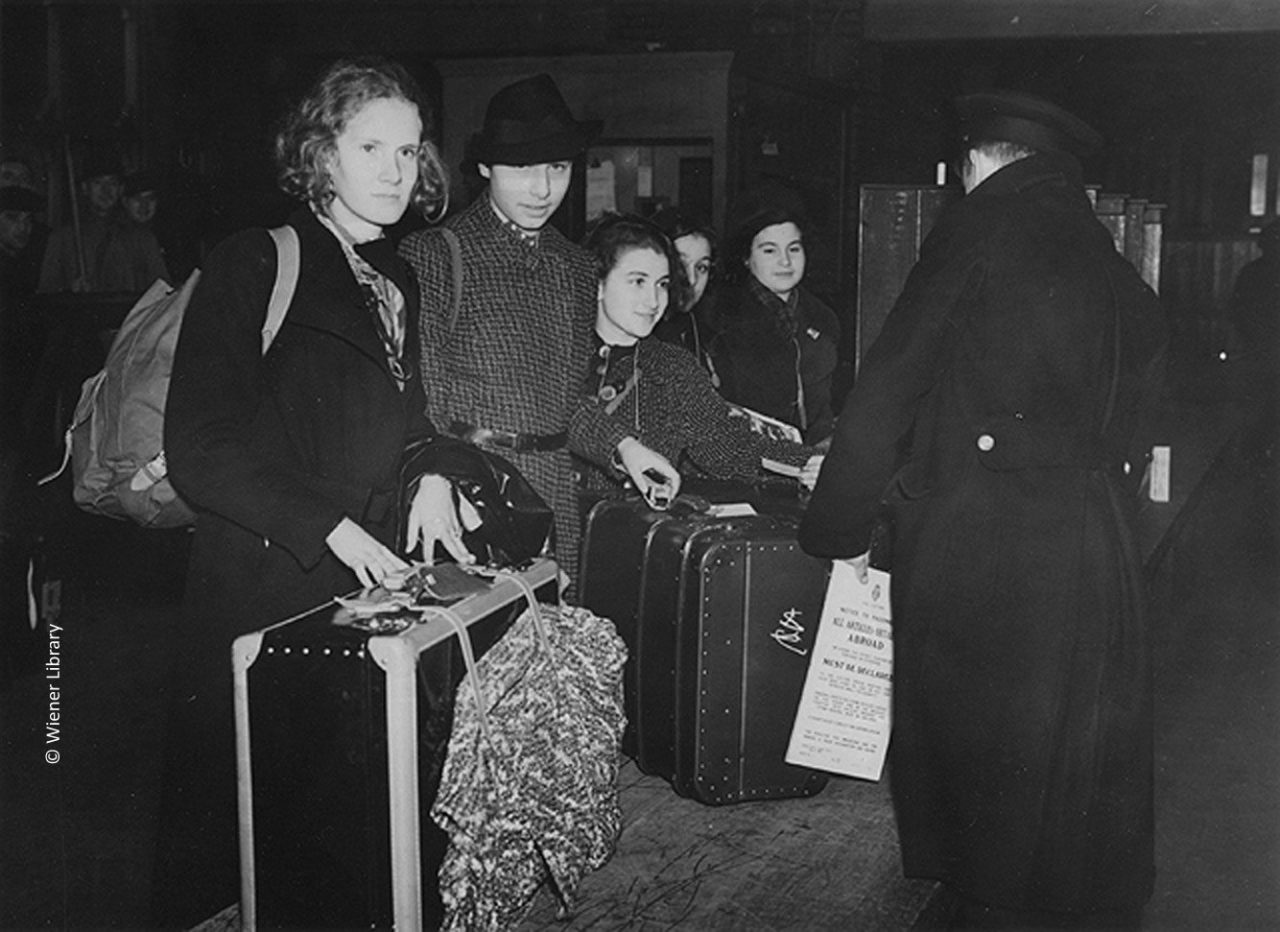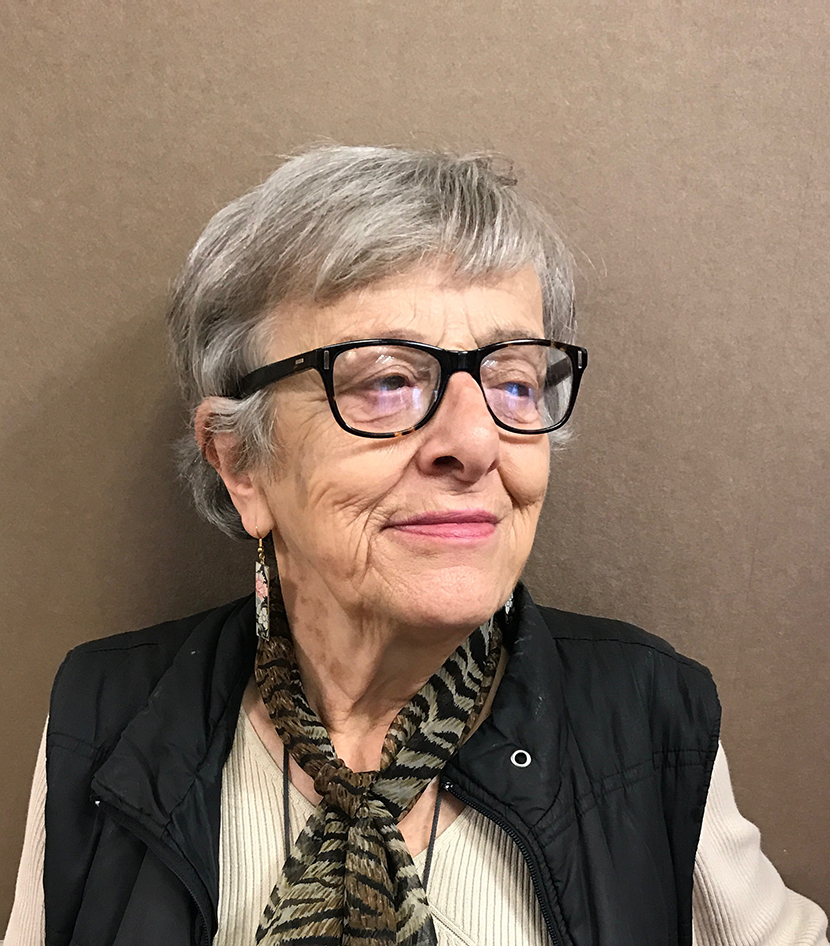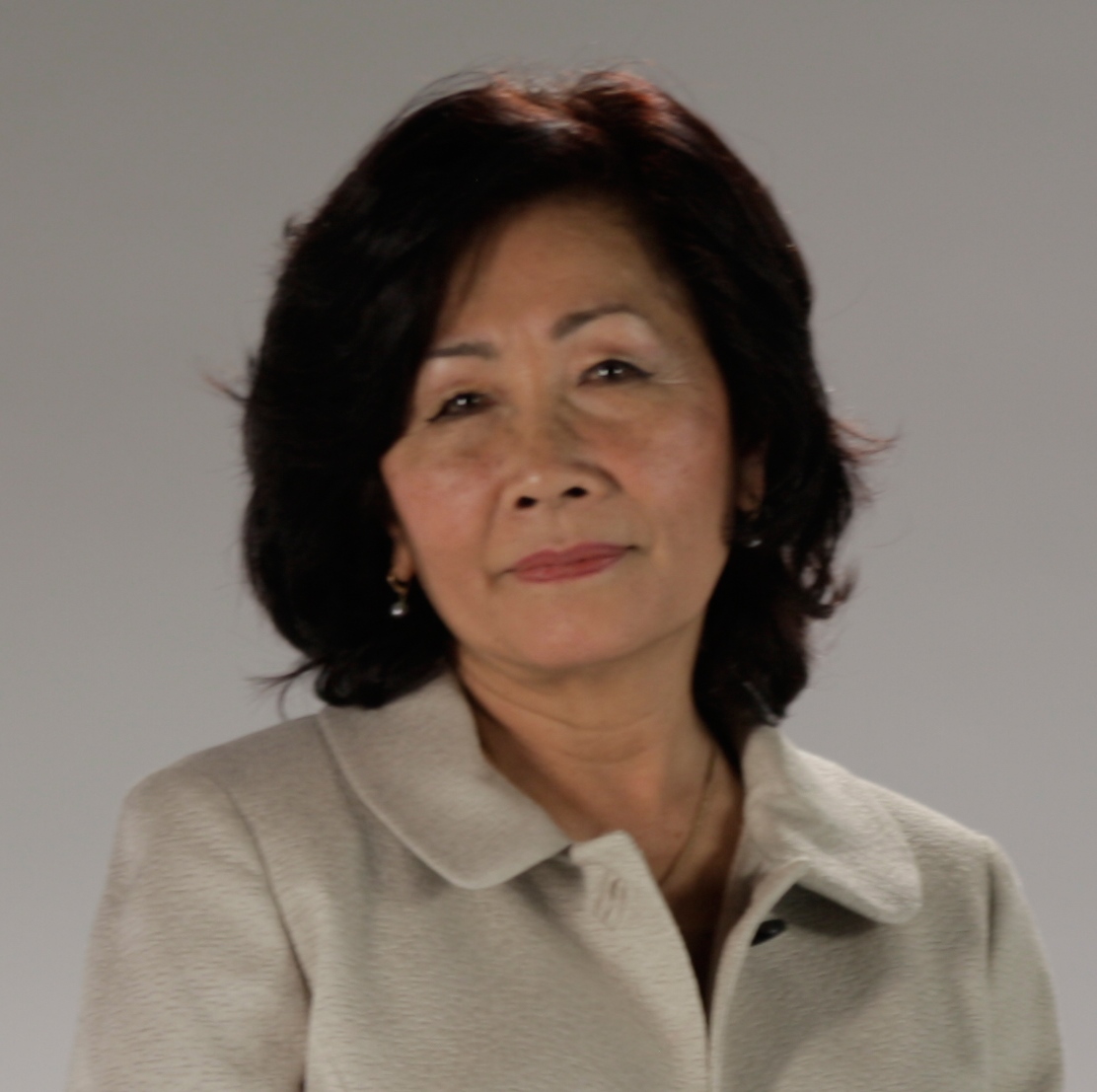Refugee Week
Refugee week takes place every year around World Refugee Day on 20 June, and celebrates the contributions of refugees to the UK.

Throughout the week around World Refugee Day, thousands of people join together in their communities and schools to share the stories of those who have been forced to flee, and celebrate Refugee Week.
Refugee Week was established in 1998 and aims to deliver positive messages that counter fear, ignorance and stereotypes of refugees through focussing on the contributions made by refugees to our society today.
Many of those affected by the Holocaust, Nazi persecution of other groups, and genocides in Cambodia, Rwanda, Bosnia and Darfur have rebuilt their lives in the UK after being forced to flee from their homes.
Between 1938 and 1939, approximately to 10,000 unaccompanied children and came in the UK after the November Pogrom (Kristallnacht) in an operation which became known as the Kindertransport. You can read about the Kindertransport and refugees who fled Nazi persecution of other groups here.
When I said goodbye to my parents at Cologne train station, although there were many parents and children around I can only remember my parents and looking at their faces and thinking I might never see them again.
Renie Inow, who came to the UK on the Kindertransport aged 10
Since 2004, some refugees fleeing persecution during Sudan’s genocide in Darfur and countrywide persecution and atrocities have sought asylum in the UK. Read the story of Hawa, Fatima and Nadia, three Sudanese friends living in the UK after escaping the genocide.
Listen to Sheila Hancock reading the poem Refugee Blues by W. H. Auden


